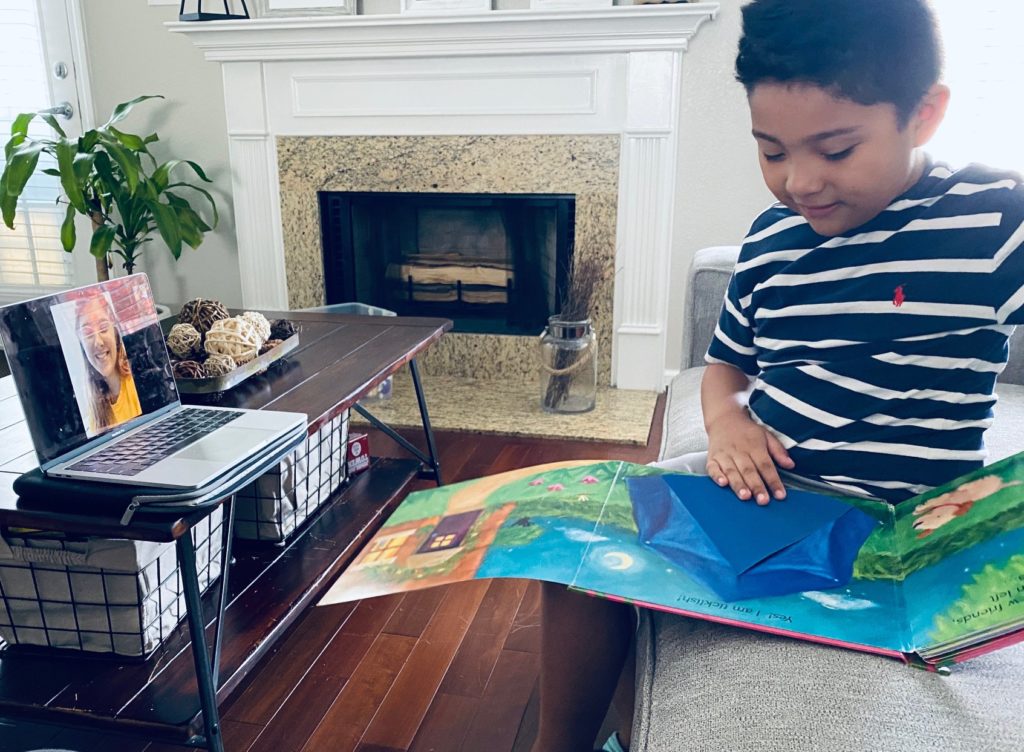
Metro charter schools have been advocating for distance learning when the school year starts. That’s as Metro Nashville Public Schools decides what to do for the district.
One of those charter schools, KIPP Nashville, says that it will resume classes next month, but they’re keeping students out of buildings until at least Labor Day.
School leaders say the choice to go all-virtual to start the semester was made the day before the city backtracked to Phase Two of its reopening plan, following a surge in COVID-19 cases. And recently, local health leaders have said it may not be safe to bring students back to buildings in the fall.
KIPP operates seven Nashville charters and serves a large student population who come from educationally underserved communities. Those areas have been hit hard by the pandemic.
“The heat map shows that cases are heavily concentrated in areas where our kids and families live and also where our schools are located,” says Randy Dowell, the executive director of KIPP Nashville.
The charter network has 147 teachers on staff for the upcoming school year. They are expecting to serve 2,769 students — many of who identify as Black or Hispanic.
These are two groups, who statistically, are more likely to be affected by the coronavirus.
“When you think about how a school runs, if it’s high school, you might have 30 to 35 18-year-olds, plus a teacher, in a 400 or 500 square foot room for an hour or more,” says Dowell. “There’s no way to social distance [and follow] CDC recommendations.”
A spokesperson for KIPP told WPLN News that 66% of surveyed parents say they aren’t fully comfortable sending their kids back to school for in-person classes — a preference that school leaders have spent months preparing for.
“We’re looking at the situation saying, ‘This isn’t going away.’ COVID-19 is probably going to be with us for a while, so we’ve got to be ready for next year,” says Nancy Livingston, KIPP Nashville’s chief of schools.
Remote learning curriculum
Livingston says school leaders purchased laptops and hot spots for students in May. She says they’re also spending the summer moving their counseling services to Zoom calls, while preparing a curriculum that mixes live instruction and offline learning.
Livingston says that, at least for some students, online class sizes will be kept as small as possible.
On average, KIPP Nashville has a 13-to-1 student-teacher ratio. In kindergarten and first grade, there’s about 13 to 15 students per classroom with two instructors. Class sized increase to 26 students in second- to fourth-grade rooms. There’s an average of 30 students in KIPP’s middle and high school classrooms.
“We’re prioritizing small group instruction for our younger elementary students,” says Livingston. “They’re going to be on a Zoom call with, at the most, five other students.”
She says KIPP parents will get an intimate distance-learning orientation before the start of the school year. Schools will also actively modify their plans throughout the distance-learning period, to ensure that students — especially the most vulnerable — have access to a complete education.
There will also be a fair amount of flexibility for teachers to address individual student’s needs, especially gaps caused by the spring and summer learning loss.
And while in-person classes would be ideal, Livingston says, staff and student safety is a top priority. This is something that Mariah Garner, an English language arts teacher at KIPP Nashville Collegiate High School, agrees with.
“I think it’s absolutely the right call, even though I would love to be with students and engaging with them. That’s my livelihood as a teacher,” Garner says. “The safety of everyone is what’s most important.”

